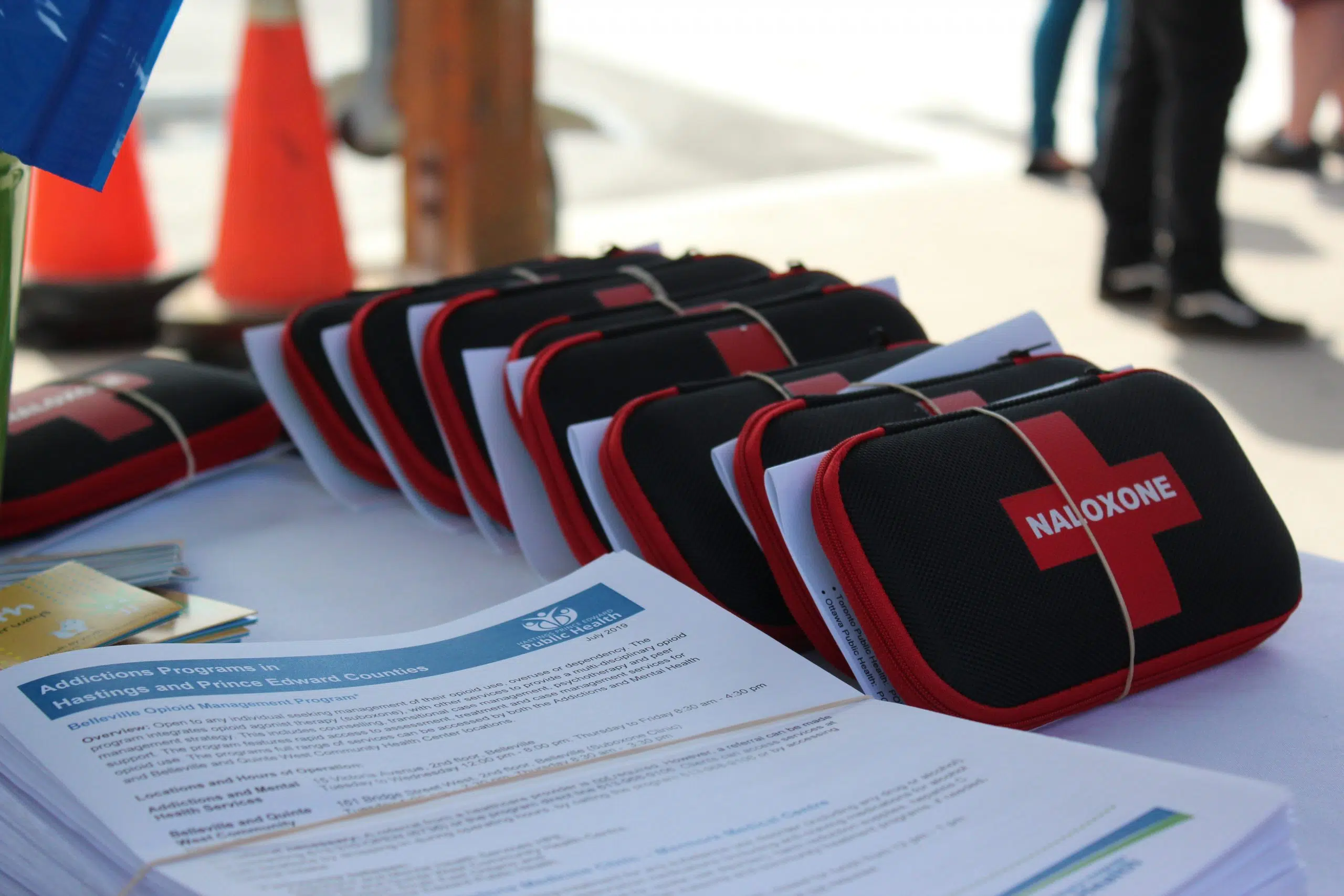The health unit that serves Northumberland County has issued an opioid alert for one of its areas.
The Haliburton, Kawartha, Pine Ridge health unit issued the “opioid overdose alert” for the City of Kawartha Lakes after a noticeable increase in overdoses in the past seven days.
Substances and Harm Reduction Coordinator for the HKPR District Heath Unit, Leslie McLaughin says, “The recent increase in overdoses is troubling, so we’re issuing the alert to inform the community to take precautions. Contributing factors for these local overdoses may include people using alone or a potentially contaminated or poisoned drug supply that is leading to more severe overdose reactions.”
The HKPR District Health Unit reminds anyone who uses drugs (or those who know someone who does) to follow these safety tips:
· Test a small amount of drug before you use.
· Never use alone. If you are alone, call the National Overdose Response Service (NORS) virtual safe consumption at 1-888-668-NORS (6677), or use a buddy system and call a friend.
· Call 911 in the event of an overdose.
· Avoid mixing your drugs.
· If possible, use a Consumption and Treatment Service to use drugs.
· Keep a naloxone kit on hand. You can get a naloxone kit at most pharmacies and needle exchange sites.
· Access Rapid Access Addiction Medicine Clinics for opioid agonist treatment.
The HKPR District Health Unit’s opioid overdose alert automatically flags increases in overdoses for community partners and first responders, which triggers enhanced outreach efforts and distribution of naloxone kits. Naloxone is an emergency medicine that temporarily reverses the effects of an opioid overdose until the victim can get to hospital for treatment. Naloxone is recommended to be used in all suspected drug overdoses, due to the possibility of opioid contamination or poisoning.
Naloxone kits are also available for people who use opioids, as well as their family and friends. These can be picked up at Health Unit offices, local pharmacies, and other locations. Where to get a free naloxone kit | Ontario.ca
Anyone who sees a person overdosing is also urged to intervene. Call 911 and give the person naloxone. The Good Samaritan Act protects anyone trying to help in an emergency from possible legal repercussions. The Good Samaritan Drug Overdose Act also protects people on the scene of an overdose from being charged for possessing or using drugs.
Signs of an overdose include very large or very small pupils, slow or no breathing, cold and clammy skin, blue or purple fingernails or lips, and snoring or gurgling sounds. Often in drug overdoses, it is also difficult to wake up the person.
For local opioid overdose incidents, visit the HKPR District Health Unit’s Opioid Overdose Report dashboard. People can also use the online submission form to anonymously report overdoses and drug-related information to assist in a quicker response to these incidents.






